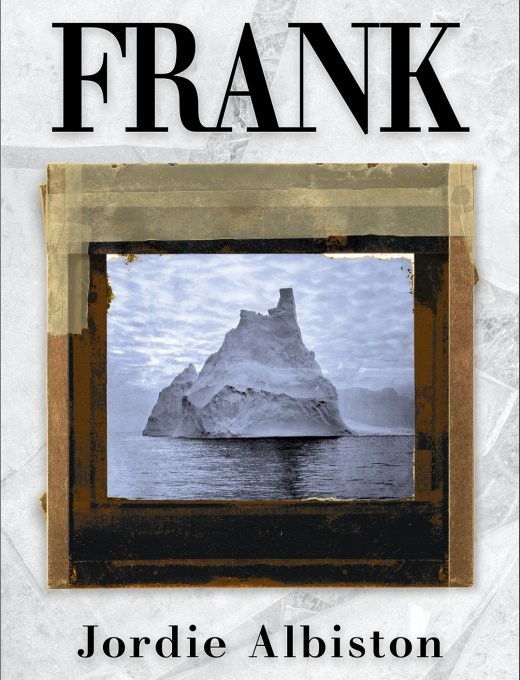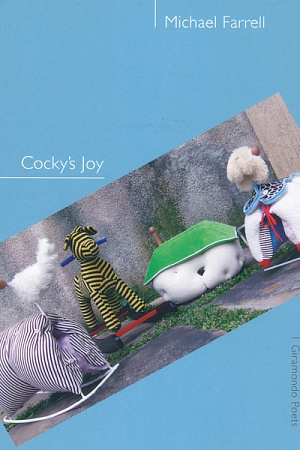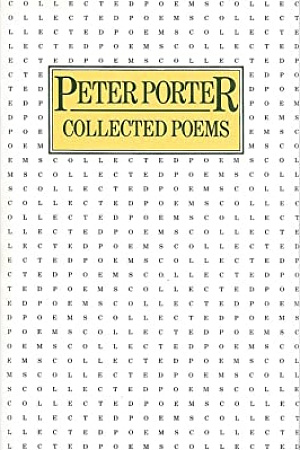Frank
National Library of Australia Publishing, $29.99 hb, 160 pp
Into the void
The Australian photographer Frank Hurley, who accompanied Antarctic expeditions led by Douglas Mawson and Ernest Shackleton, proved to be an able diarist as well as a skilful and adventurous photographer. While Hurley participated in a number of expeditions – as well as serving as an official war photographer in both world wars – the late and much missed poet Jordie Albiston has drawn on Hurley’s diaries from Mawson’s sledging trip of November 1912 to January 1913 and Shackleton’s Imperial Trans-Antarctic Expedition of November 1914 to September 1916 for what has become her fourteenth and final poetry collection.
Albiston’s workings in and with the historical archive are evidenced in many of her prior collections, most notably Botany Bay Document (1996), The Hanging of Jean Lee (1998) and – drawing from her own family archives – The Book of Ethel (2013). For the 2017 collection Warlines, Albiston drew on letters written home by Victorian World War I soldiers, describing her use as ‘a kind of literary mosaic’ in which she employed no words of her own. In the posthumously published Frank – Albiston died in March 2022 – the poet has painstakingly, and successfully, pursued a similar project. Deploying no words of her own – aside from an enlightening essay adapted from a speech she gave two years ago describing her process and this project, and reproduced at the end of the book in what might be called a ‘postscript’ – the poems build momentum from clusters of words and phrases hewn entirely from Hurley’s diaries.
The title, Frank, pays homage not only to Hurley but to the frankness of his diary entries. Hurley, an avid diarist, articulated the splendour, difficulty, and practicalities of journeying in some of the most challenging and remote parts of the world. Albiston’s task in surveying the extensive archive of material was undoubtedly considerable, though Hurley himself was a keen observer and no stranger to lyrical turns of phrase. The result we may consider a potent Albiston–Hurley envisioning.
Frank is divided into three sections. The first covers the Mawson expedition, wherein Albiston draws from particular diary entries, retaining dates as poem titles, and assembling words and phrases to construct her mosaic. The result is a dreamlike, stream-of-consciousness accruing of detail that dazzles as it unfolds like ‘sastrugi’, or wave-like ridges of ice and snow, before the reader. This collaging sometimes generates metapoetic comments on form – ‘the sky a-glow with prismatic flushings it will rise on the morrow without punctuation’ – while the poems are set fully justified, evoking the photographic medium.
The third section details the ‘Picture Show Tour’ of December 1919 to January 1920, when Hurley toured Australian cities and towns with what were mostly sell-out presentations of film and photos from the Shackleton expedition. Here, Albiston deftly sews lines (italicised) from the expedition diary into fragments from the tour diary. The heteroglossic result is often wry, with, for example, a description of upturned audience faces juxtaposed with an image of penguins following a ship’s wake. Elsewhere, the audience are ‘an unsympathetic mob about as emotional as a crowd of sea elephants’.
It is the second section of Frank, focusing on the Shackleton expedition, that comprises the bulk of this absorbing collection. Albiston summarises the section perfectly in her postscript: ‘I’ve coded the primary source material according to six principal and recurring motifs; a day, a night, a month, a vista, a note and a snap.’ The poet selects, magpie-like, from various Hurley diary entries for each poem. While a ‘day’, ‘night’, or ‘month’ might be based on certain dates, a ‘note’ could be about dogs, food, or ice (things that, as the diary entries/poems accumulate, often prove interrelated). A ‘vista’ might describe ocean or ice, but could equally address pressure or disintegration in their various manifestations, the superstitions of ‘comrades’ or a poker game; and a ‘snap’ – a term redolent with popular notions of both ‘holiday snap’ and ‘cold snap’ – might be of land, the ‘Boss’ (Shackleton), or plummeting temperatures. Much of this section lends itself to ‘list poems’ that variously capture the beauty, hardship, boredom, sheer slog, and, sometimes, humour in this long and arduous venture. These include highly specific lists of provisions (paraffin, kerosene, blubber, etc.), food, numbers of seals and penguins slaughtered for food, books read, and poker scores – and of sledging dogs (Hurley’s favourite is named Shakespeare), who figure in every aspect of the food chain: as carriers, consumers, and (late in the expedition) as consumables. It is not always pretty, but herein lies the frankness of Frank.
Albiston long held an interest in form. Here she makes occasional use of the pantoum and other modes of repetition to good effect, aided by ready use of alliteration, assonance, and internal rhyme (‘sledging terrifically hot what with snow & Sun glare and us …’). Albiston forgoes traditional lineation; breaks are suggested by extra spacing and dashes. The latter, Dickensonian technique echoes other recent works drawing from the archive – Lisa Gorton’s Mirabilia (2022), for example – that have similarly deployed the dash to construct historical bricolage.
Without wishing to overburden the poet’s words on process, we may reflect on Albiston’s statement in the postscript that this project ‘was my chance to cross over into an expanse of seeming endlessness and silence’. With Hurley’s words set to mesmerising effect in this meticulous ‘curation’ of his diaries, long may Frank, and Jordie Albiston’s entire body of work, resonate.












Leave a comment
If you are an ABR subscriber, you will need to sign in to post a comment.
If you have forgotten your sign in details, or if you receive an error message when trying to submit your comment, please email your comment (and the name of the article to which it relates) to ABR Comments. We will review your comment and, subject to approval, we will post it under your name.
Please note that all comments must be approved by ABR and comply with our Terms & Conditions.